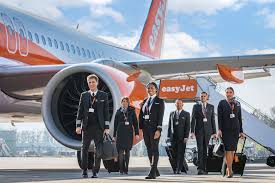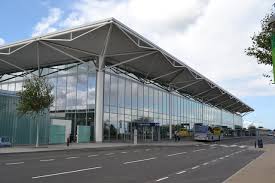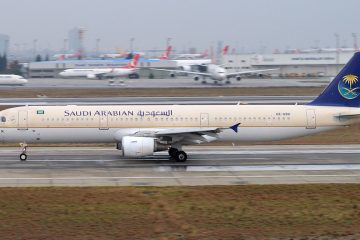Challenges in EasyJet Pilot Recruitment Amid Rising Demand

Introduction
The aviation industry is experiencing a remarkable recovery after the COVID-19 pandemic, leading to a significant surge in air travel demand. This resurgence has brought into focus the crucial role of pilots, and in particular, the challenges faced by airlines like EasyJet in recruiting and retaining qualified pilots. With air traffic returning to pre-pandemic levels, the recruitment of pilots has become a pivotal issue for the airline.
The Current Landscape of Pilot Recruitment
EasyJet, one of Europe’s leading low-cost airlines, has been notably affected by the ongoing pilot shortage that many airlines are experiencing globally. According to a report from the International Air Transport Association (IATA), the industry is projected to need approximately 250,000 new pilots over the next 10 years to keep pace with the expected growth in travel demands. EasyJet has acknowledged this challenge, indicating that the airline is actively working to secure the necessary talent to operate its growing fleet.
In 2023, EasyJet announced ambitious plans to expand its operations across Europe, with the aim of doubling its fleet size in the next few years. However, this growth is contingent on overcoming recruitment hurdles. Reports indicate that airline flight schools and training programs have struggled to meet demand as many pilots left the industry during the pandemic.
Efforts to Attract New Pilots
To address these recruitment challenges, EasyJet has implemented various initiatives aimed at attracting new pilots. The airline recently launched a campaign that includes increased salaries, bonuses, and other benefits designed to attract both new entrants and experienced pilots returning to the workforce. Furthermore, EasyJet has offered to support training for candidates as part of a move to widen the potential talent pool.
The pilot application process has also become more streamlined to encourage applications, and the airline has partnered with universities and flight schools to establish pathways for aspiring pilots. These efforts reflect an industry-wide trend where airlines seek to bolster their recruitment strategies amid heightened demand.
Conclusion
The challenges in recruiting pilots at EasyJet highlight a broader trend impacting the aviation industry as a whole. While the surge in demand for travel presents opportunities for growth, the shortage of qualified pilots represents a significant barrier. As EasyJet and its counterparts navigate these challenges, the effectiveness of their recruitment strategies will be critical in shaping the future of air travel. Addressing these pilot shortages not only impacts airlines’ bottom lines but also the overall experience of passengers seeking to travel in the post-pandemic world.








